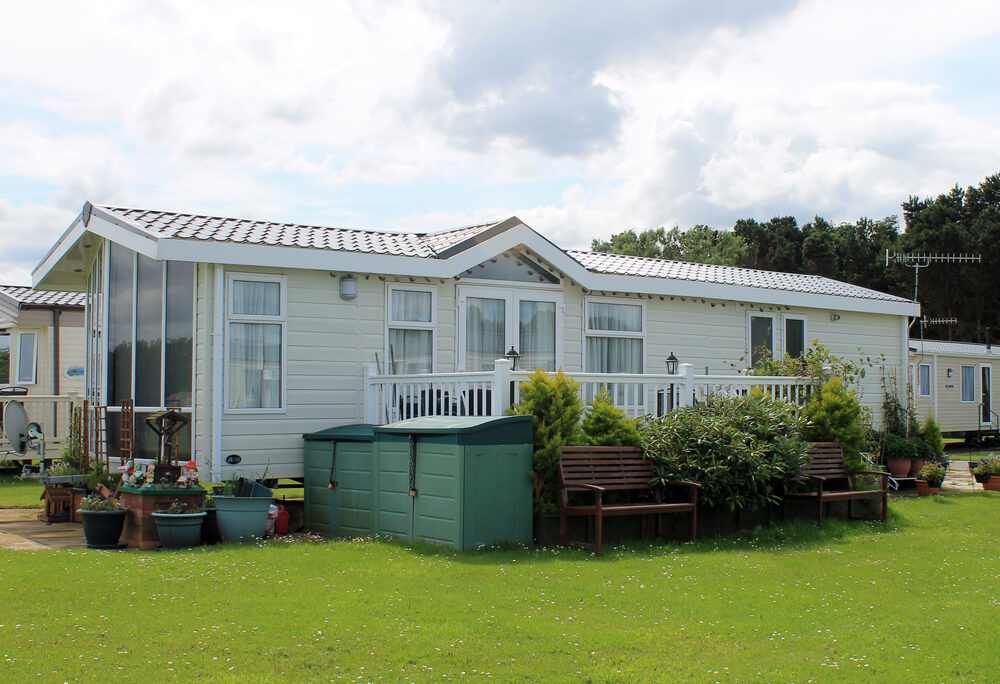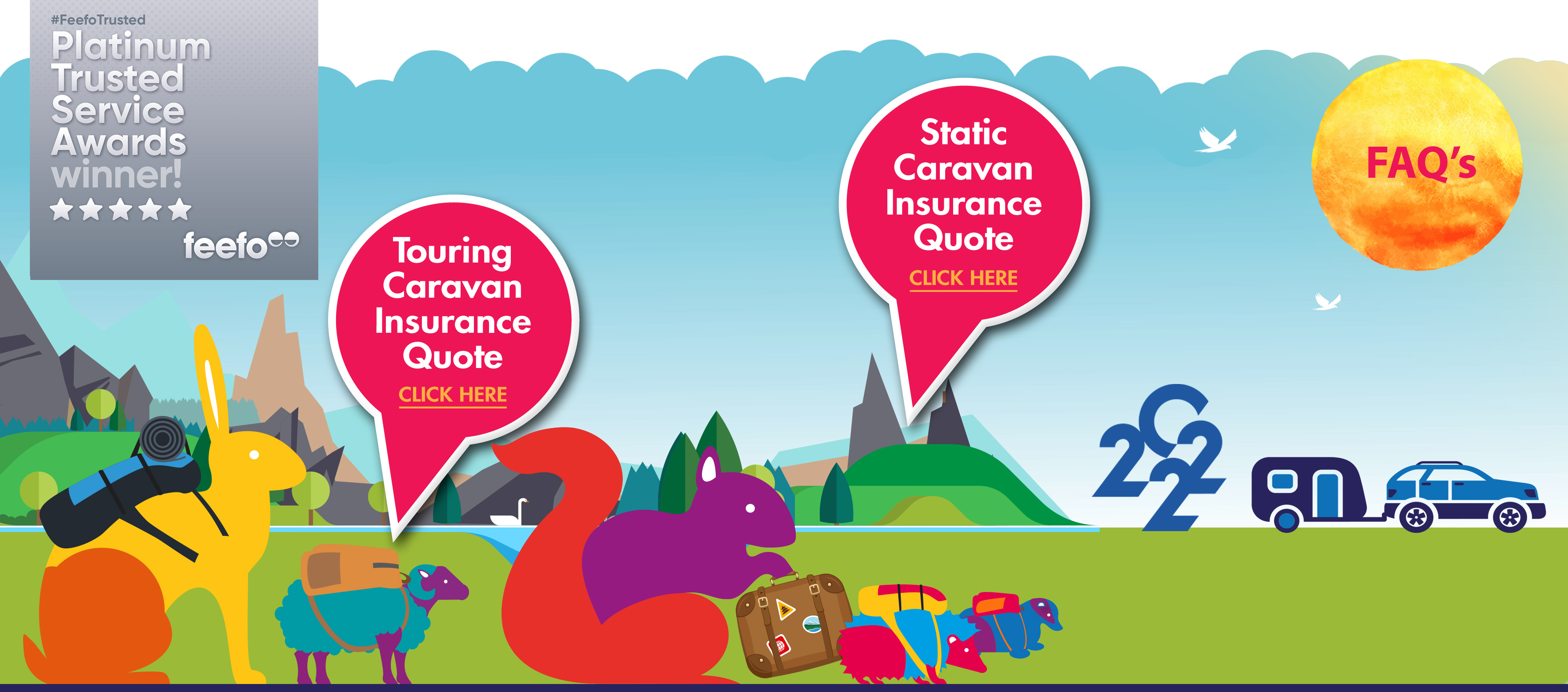
If you are considering buying a static caravan for the first time, then there are lots of things you need to think about with your investment. Here we share some tips on things that you may wish to consider but which are sometimes overlooked in the excitement of selecting and buying a static caravan itself!
Choose your caravan site carefully
Your static caravan might be equipped to superstar levels but if it is in a location that is unsuitable for you, there’s a fair chance you are not going to be happy.
This isn’t just a question of trying to avoid sites that overlook that nuclear waste reprocessing facility – sadly it is a little subtler than that!
How far away is the site?
How far is the static caravan from your home? If you are planning on using your static caravan for quick weekends away or an ad-hoc holiday, you probably won’t want to spend too long in a car getting there. So, check out the route and do a few trial runs at different times, to see how long the journey really takes.
Where is the home on the site?
Is the static caravan in a permanently shaded woodland area? This may be great for hot days, but a bit depressing if it is miserable out.
Is the caravan close to or far from the site’s amenities? This is an important one – if you like being close to everything, you probably won’t want to be at the far end of the site. Similarly, if you are looking for peace and quiet, you may wish to be away from the main activities in a more secluded spot.
Some sites may be very rural, have few if any onsite facilities and be a long way from things such as shops. If you like rural isolation that may be fine but not if you like having a shop or a pub (etc.) within just a few minutes of where you are staying.
Rivers and flooding
A site may be beautifully located but if, for example, you have very young children and there is an open river location, you may find that you spend more of your time worrying and fretting over their safety than enjoying your caravan and surroundings.
Remember that the river or nearby sea may not always be inclined to stay where they’re meant to be – and that may result in disaster for you. Before investing in a static home, check with the environmental agencies to see if your site is prone to flooding.
When choosing a location, remember that your site may affect a number of things including the cost of your static caravan insurance. Sites known for flooding or which have security issues, may result in you needing to spend more on your annual policy.
Think about the future
Your caravan and its location may be ideal today but remember to consider:
• do you have any plans to start/expand your family – then you may need to reconsider the size and location;
• those fields directly adjacent to your caravan may be beautiful today, but do you know whether or not there are any planning applications going through the system?
Who will be using the static home?
Are you planning to use the static home purely for friends and family, or are you thinking about letting it out to holidaymakers? These are two very different scenarios when owning a static caravan – if the former, then you may be more flexible in where you choose to invest in a static home.
If the latter, you may have to think about making sure the site is attractive to holidaymakers, so you may need to think about the location and on-site services differently -i.e would you like to holiday there?
Your second home
- your static caravan is likely to be, to all intents and purposes, a second home – whether for a holiday for you and your family, as a regular bolthole, or as a money-spinning holiday let;
- whatever the purpose, your choice is likely to be guided by similar principles to those when buying your main place of residence;
- in other words, is it big enough, does the layout suit the different purposes for which you may be buying it, are the fittings and appliances up to the standard you expect – and, quite simply, does it offer a welcoming home away from home;
- if you are buying your static caravan principally for holiday lettings, does the location offer the appeal and attractions most likely to be sought by tourists and other visitors?
Check out the interior
When looking at the caravan interior, see if you can put your own mark on the place.
A difference between the interior of your principal home and static holiday home is likely to be that the latter has more in the way of fitted furniture and equipment – unlike the lounge and dining room suites you might have in your main home, for instance.
Even though some of the furniture and furnishings may be fitted, however, you may still have plenty of creative opportunities for the interior design of your static caravan. A lick of paint, the introduction of new fabrics or even a carefully placed rug might go a long way to putting your own personal stamp on the décor.
The reason for sale and the condition
If you are buying a second hand static holiday caravan, then check the reason for its sale. Being realistic, no potential vendor is likely to honestly share with you that they are trying to sell because (e.g.) the site and area are unpleasant! Even so, pushing people a little on this and getting into a discussion with them, may result in you spotting a few warning signs that suggest their reasons for the sale may be ones that you yourself might find to be issues in due course
Look closely at the condition of the caravan. A lot of this is common sense but if you are not familiar with statics, it might be advisable to take someone with you who is. Get them to check things such as the underneath, couplings and for signs of significant corrosion. Is there water getting in anywhere? Will your holiday caravan need a lot of maintenance?
Terms of sale
- an important consideration is whether to buy privately or directly from the holiday park on which the static caravan is already sited;
- although with private sale from buyers the price might seem attractive, you may need to add to that the cost of transporting the caravan to your chosen location or pay a commission to the holiday park owners if you are buying a static caravan already pitched on that site;
- make sure that you understand the full nature of the site’s pitch requirements, regulations and costs. Verify what you are told with other caravan owners on the site. Unpleasant surprises are something you will presumably wish to avoid after purchase;
- keep in mind that the time to ask a difficult question is before you sign on the dotted line and not after. Once you have, it’ll be too late!
Know your site obligations
A static caravans site typically has a set of rules and regulations that should be made clear to you before you sign anything.
Don’t make the mistake of writing these off as boring small print, as they may contain conditions For that might cause you some difficulty in future (e.g. banning pets from the site etc. or holiday usage). Check out the terms and conditions and ensure you will be able to fully comply.
More top tips on choosing your investment
Walk and drive extensively around the area of the caravan site. For example, an animal silage farm a mile or two down the road might prove to be a significant issue for you at the height of summer when the wind is blowing in a certain direction! These are things you’ll want to discover in advance rather than afterwards.
Note the condition of your neighbours’ static caravans. The one you are looking at might be in pristine condition but if others around are shabby and slightly run down, it may tell you something about the nature of the site and your probable outcomes for the future sale of the caravan if and when you need to.
Money, money money
Massively depleting your financial reserves to buy the best caravan you can afford might seem like a good idea but do keep in mind that caravans cost money to maintain from the basic costs such as static caravan insurance, and site fees right up to ongoing maintenance.
It might be advisable to keep some cash reserves to cope with this and any unexpected issues that may arise.
Compare your static caravans insurance cover
Of course, price is always going to be important. Nevertheless, try to balance this off to some extent against the cover being provided by a policy. If you ever need to make a claim, you will be looking very closely at the cover details and not how much the policy has cost. It therefore makes sense to adopt that approach from day one and before you actually choose the policy to begin with.
Look at the totality of the cover provided. For example, some policy advertisements may contain prominent headline good news items but some of the detail of the policy may be rather less satisfactory. It is necessary to look at that fine detail before you will be able to decide whether the policy is right for you.
Think about specialisation. Some organisations offer insurance for every conceivable requirement, which is fine, but they may struggle to display the in-depth knowledge of caravans that might be required in order to find you suitable cover. That might only come from people who specialise in caravan insurance.
Don’t get stuck in a rut. It may be easy to slip into the comfortable familiarity of simply renewing your existing policy each year. The trouble with that approach is that the market changes regularly and what might have been a good deal for you when you selected your existing policy, might now have been significantly superseded by better options in the marketplace. If you simply automatically renew each year, then you may never be aware that those opportunities exist.
If you are going to let your static caravan as a holiday home for paying guests, ensure you inform your insurer. You will typically need specific caravan holiday home insurance cover.
Look carefully for discount opportunities. There are many potential areas where this may be available through some policies, but some caravans insurance providers may be rather more forthcoming in this respect than others.
Money-saving tips for your static caravan insurance
The following tips may offer ways of reducing the cost of your static holiday home caravan insurance premiums:
- review your security. Some policies may recognise and reward policyholders who have taken additional security precautions, such as installing security bolts, intruder alarms and the like;
- being a member of a recognised caravan club;
- look carefully at your site. If you have a static caravan that is sited somewhere with a known history of flooding or perhaps burglaries, you may find your premium prices are elevated. This step might only be meaningful if you take it before purchasing or locating your caravan of course;
- take particular precautions during the winter season, when your static caravan is more vulnerable to storms, bad weather and possible break-ins.
Finally … investment in and owning a static caravan or holiday caravan can be great fun! please read our Guide to buying a static caravan for more information on considerations when investing in a static holiday home.

